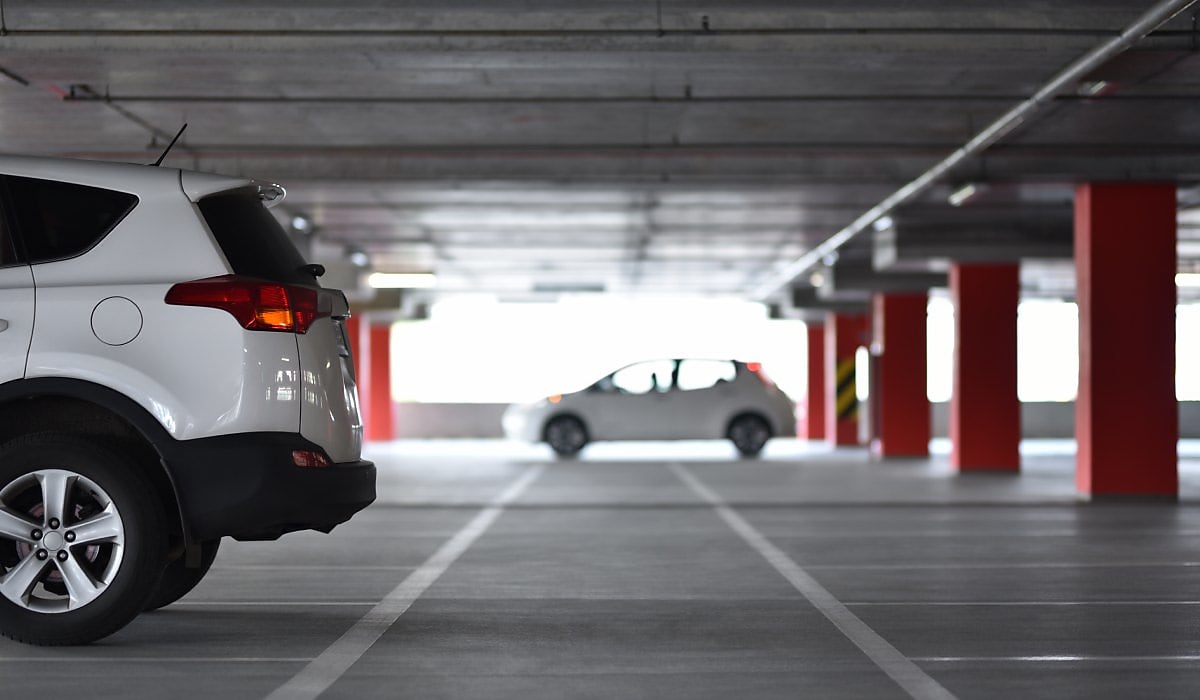Is it time to ‘unbundle’ parking spaces from apartments?
With new research indicating Aussies are paying billions for unused parking spaces, experts think it’s time to rethink planning policies to help make housing more affordable and provide a parking spot to those who truly need them.

An RMIT University study that surveyed 1,300 apartment residents across Melbourne, Sydney, and Perth found that around 20 per cent of households had too much allocated parking, while roughly 14 per cent did not have enough.
Meanwhile, around 60 per cent households owned the same number of cars as their allocated parking spots.
Lead researcher Dr Chris De Gruyter said the imbalance of off-site parking for apartments reflected residents not having a choice in how many parking spots they required when renting or buying an apartment.
“We found in our study that people living in larger apartments tend to have an oversupply of parking because of current policies, which means they’re paying for a space they’re not using,” De Gruyter said.
Currently, the laws related to parking spaces and apartment bundling in Australia can vary depending on the state or territory in which the property is located.
Generally, these laws are designed to protect consumers from being misled or deceived by developers or real estate agents when purchasing properties.
In Victoria, for instance, apartments with three or more bedrooms must have at least two parking spaces, according to the minimum requirements set by the Victoria Planning Provisions.
But findings of the study revealed that 13.4 per cent of households were allotted a parking space even if they did not own a car.
With each parking space worth up to $100,000, the expert estimated the price of unused off-site parking is costing residents over $6 billion.
“This oversupply is not just an inefficient use of space, it is exacerbating housing affordability issues. Meanwhile, apartment households with an undersupply of parking are forced to park on the street, competing with visitors in the area.
“It is very clear that there is actually plenty of apartment parking; it’s just allocated incorrectly,” he explained.
In 2022, a separate study conducted by The Committee for Sydney, an advocacy and urban policy think tank focused on the NSW capital, showed that each basement parking space in Sydney costs between $50,000 and $250,000 to construct — expenses that add directly to the price of housing for residents.
“Minimum parking requirements have led to more parking being built than is needed. This means some people are paying for parking they don’t use, which has unintended negative consequences for housing affordability,” the report stated.
Dr De Gruyter suggested that state and local governments should consider “unbundling” parking from planning policies in order to address the issue of an imbalanced off-site parking supply.
He emphasised that unbundling parking was not about taking away parking from residents, rather, it was about giving people the choice to own or rent parking spaces in line with their needs.
“It was about giving people the choice to own or rent parking spaces in line with their needs; we can choose the number of bedrooms we want in our homes, yet we have no say in how much parking we need,” he said.
While off-street parking in apartment buildings is still uncommon in Australia, he highlighted that the option to “unbundle” car parking can be seen in several newer complexes, including Melbourne Square, Indi City Sydney and Arklife in Brisbane.
“Unbundled parking is going to help with housing affordability, reduce car use and on-street parking issues,” Dr De Gruyter said.
“We’re also going to see better health for residents as there will be more physical activity due to more public transport use and better air quality from less car use.”
Dr De Gruyter said that although several forward-thinking developers are beginning to be more conscious about bundling parking spaces, he said that waiting for the market alone to bring this change would be “too slow” before underlining state and local governments had an “important role to play” in bringing the practice to the norm.
